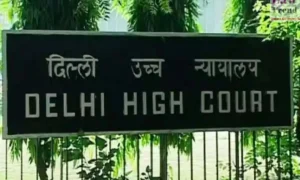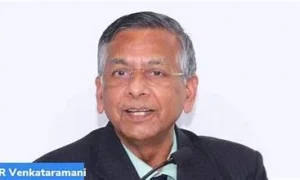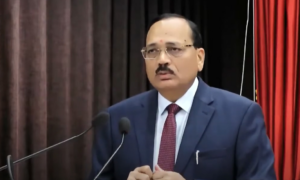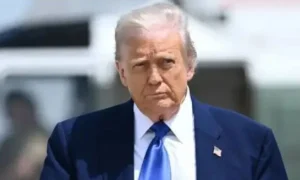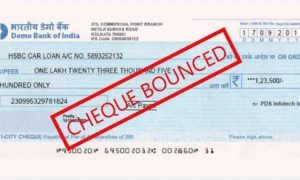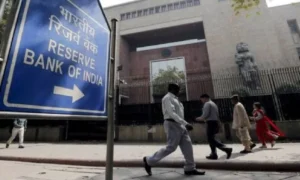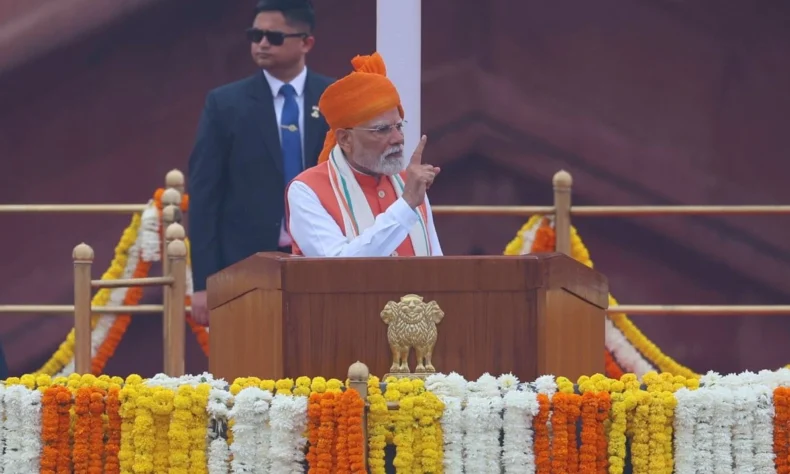
By Kumkum Chadha
August 15 is, on India’s calendar, a day when one should count one’s blessings and revel in the nation’s progress. This day is not about specific governments or prime ministers; nor is it about politics or scoring points; it is a day of collective celebration and inclusivity: about right-minded Indians getting together and soaking in the spirit of the 79th milestone of India’s freedom: for which the blood of millions was shed and many hundreds and thousands killed.
Those born after Independence can only turn to the pages of history to read and comprehend, if at all, what our freedom fighters must have endured. Equally, those who shed their blood to free India either breathe easy or smile from the heavens at India attaining its 79th.
That said, two Ps have dominated India’s Independence Day: patriotism and politics. What was visibly national fervour post-fifties giving way to politics in the decades that have followed.
To say that Indira Gandhi started politicizing the event would perhaps be jumping the gun. It certainly would be music to the ears of the ruling party, but it could be bereft of facts. Equally, it would not be wrong to say as prime ministers became politically insecure, they used the national platform and occasion for partisan politics.
If India’s first Prime Minister Jawaharlal Nehru’s famous “Tryst with Destiny” speech continues to resonate with the people, it is because it touched an emotional chord: one that stirred every nationalist and patriotic Indian: even those who rued the bloody Partition of the country. On August 15, 1947, the country stood united even as Nehru evoked the country to “wake from the long slumber” and partner in India’s development.
Lal Bahadur Shastri, who succeeded Nehru, hailed the farmers and the armed forces as he coined the “Jai Jawan Jai kisan slogan” and evoked India’s self-reliance in both sectors.
In 1966, when Indira Gandhi addressed the nation in what was her first Independence Day speech, the first and only woman to do so, she underscored socialism to eradicate poverty. She had then dwelled upon programmes that her government had drawn up for the welfare of the poor.
Nineteen years later, when her son Rajiv took over, he too harped on the theme of eradicating poverty. Unlike his mother, he did not speak of socialism, but hammered the rural development theme: “India” Gandhi had then said, “will develop when its villages make progress”.
Much water has flown under the bridge. India has certainly developed, but it still has its poor. There is, however, a qualitative change: they no longer demand food, but hanker for jobs: Prime Minister Narendra Modi’s theme song.
It may be recalled that Prime Minister Narendra Modi had in 2014, promised to create 250 million jobs within a decade. This worked not once, but twice: in 2014 and 2019 when the BJP swept the elections and got an absolute majority. In 2019, it bettered its seats tally: 303 from the 282 seats it won in 2014. However, in 2024, it fell short of the majority mark.
If under successive Congress regimes, the poor continued to remain poor, under the BJP, unemployment was and continues to be an issue.
Substantive issues apart, in recent decades, self-aggrandizement, rhetoric and politics are all pervasive when prime ministers, irrespective of the party, speak to the nation from the historic Red Fort. It is also about how long a particular prime minister spoke and who outdid whom?
For instance, this year, Prime Minister Modi outdid himself: he gave his longest speech; in the process he broke his own record. He spoke for a total of 103 minutes to the second. Modi’s first speech in 2014 lasted 65 minutes. However, his shortest address was in 2017: less than an hour: merely 56 minutes. That said, he broke former Prime Minister Indira Gandhi’s record by delivering 12 consecutive speeches.
Indira Gandhi addressed the nation from the Red Fort for a total of 16 times. Of these 11 were consecutive. Gandhi, it may be recalled, served two terms between 1966-77 and 1980-84. She was assassinated while still in office.
Two things stood out on India’s 79th Independence Day. The first and the most glaring was the absence of the country’s main Opposition party: the Congress. Neither Rahul Gandhi nor Mallikarjun Kharge were seen at the Red Fort: an omission that did not go down well: an omission which is partisan, rather than nationalistic.
Both are Leaders of the Opposition: Rahul Gandhi in the Lok Sabha and Kharge in the Rajya Sabha. These are constitutional positions and those holding them are duty bound to attend the Independence Day celebrations. However, it turns out that the Congress leaders put petty and party politics above the nation. If it was about the seating plan, then it is all the more deplorable. Rewind to 2024 when Rahul Gandhi was given a seat that was “behind the dignitaries”, there was a hue and cry.
At this point one needs to stop and ask: is national interest subservient to a seating plan? Would attending a function, rather a celebration, be guided by a petty issue of where one is seated? Or what a ruling party does to the Opposition? Is it about how the government treats or ill-treats you? Were any government, BJP or any other to stoop to doing that, then nationalists must rise above that and defy the political narrative.
In other words, the politician should place the nation above all: attend the Independence Day celebrations even if it means that you have to stand and be part of it. That would, in the real sense, be saluting the nation and paying obeisance to it, both in letter and spirit. Unfortunately, the Congress led by Gandhi and Kharge, fell short: terribly short, and in the process, made the nation subservient to politics. Nothing could be worse.
And the last, not in that order though, were the contents of the prime minister’s address: the takeaways, so to speak. In his address, Modi hailed the armed forces and Operation Sindoor, announced the launch of Mission Sudarshan Chakra, the country’s state-of-the-art defence system, and GST and Income Tax reforms, among others.
But it was his reference to the alleged demographic change and the government’s resolve to counter it that raised hackles. The prime minister announced a high-powered mission to counter what he claimed was a conspiracy to alter India’s demography through illegal infiltration: “ghuspathiyas” to quote him.
More importantly, the prime minister’s praise for the RSS grabbed attention. Modi hailed the RSS calling it the “world’s biggest NGO”. Opposition hue and cry apart, this was neither a cursory mention nor an off the cuff remark. Nor is it about the strained relationship between the Modi-led BJP and the RSS. For the record, during the Lok Sabha elections, the RSS cadres worked to help the BJP win elections, but did not go that extra mile to help it secure an absolute majority.
But this time around it is not about the elections or their outcome. It is, as the politically prudent see it, about insecurity: insecurity that perhaps stems from RSS Chief Mohan Bhagwat’s 75-year retirement remark. Speaking at a book release function recently Bhagwat said that when someone is felicitated at 75, it means their “time is up”.
The 75-year yardstick could turn out to be a Damocles sword for Modi: he turns 75 on September 17, this year. The saving grace: Mohan Bhagwat reaches that milestone six days earlier.
Therefore, were the 75-year rule to apply, it would mean Bhagwat leading the way and setting an example for others, read Modi, to follow. Having said that, Modi may or may not succumb to RSS pressure. Irrespective, the RSS praise from the ramparts of the Red Fort is significant. Come September: a time to wait and watch.
—The writer is an author, journalist and political commentator
📰 Crime Today News is proudly sponsored by DRYFRUIT & CO – A Brand by eFabby Global LLC
Design & Developed by Yes Mom Hosting

